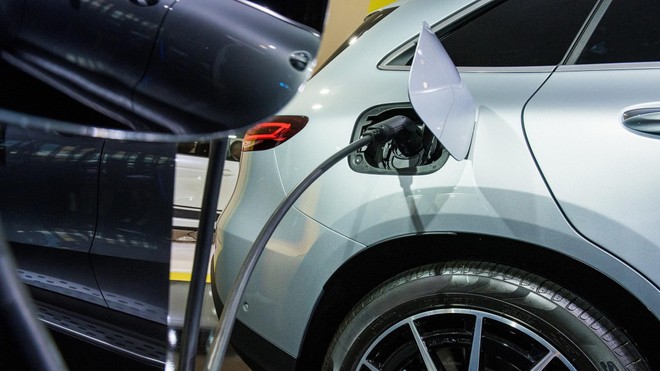
Yesterday, the EU Council was finally able to vote to stop the sale of new petrol cars and diesel since 2035, thanks to the support of Germany which has obtained the exemption on e-fuels. On the vote – ACEA, the association of European car manufacturers, took part and welcomed the result given that it puts a firm point on the future of the car.< /p>
Route is now set. time officially set. Our industry welcomes the planning certainty this milestone brings with it. and is working at full speed to face this epochal challenge.
With the huge investments in electrification by car manufacturers, the association said it was very concerned about the political deadlock that had arisen in recent weeks.
All ACEA members are strongly in favor of neutrality. climate change by 2050 and are committed to achieving the 2035 zero CO2 target. We strongly believe that a technology-neutral approach, with widespread electrification at its core, is the best way to achieve climate goals.
However, ACEA is also launching a specific appeal to European politicians who will have to work to allow EU citizens to be able to switch to mobility in the future. electricity.
Last year, one in five new cars sold in the EU was plug-in rechargeable. By 2030, this figure is projected to rise to 10,000 globally. to three out of five, putting the EU at the forefront globally. Now policy makers need to make sure EU citizens are persuaded to make a massive shift to mobile mobility. electric. This is it means these cars should be affordable and convenient to recharge. Industry also needs competitive access to essential raw materials and energy. We look forward to receiving more details on the next legislative steps.
DISAPPOINTMENT FOR THE AFIR
And on the subject of top-ups, ACEA, on the other hand, expresses its disappointment with the contents of the AFIR legislation on which it is responsible. yesterday, an agreement was reached between the European Parliament and the European Council. Although the association welcomes the achievement of the agreement on the regulation dedicated to the infrastructure for recharging electric cars and refueling hydrogen vehicles, it says it is disappointed by the contents.
The result, however, remains well below what would be necessary to achieve the ambition levels set for vehicle manufacturers in terms of CO2 targets. A significant infrastructure gap will continue in the future. to limit CO2 reductions and our industry's transition to carbon neutrality. climatic.
ACEA highlights, in fact, that already; today, the lack of hydrogen recharging and refueling stations is severely hampering the market adoption of zero-emission vehicles. The AFIR regulation therefore has a crucial role to play in the transition to zero-emission transport.
Agreement on the AFIR regulation is not a matter of course. up to the required level of ambition, both in terms of the necessary power outputs and implementation times.
The TOP of the range more? small? Samsung Galaxy S21, buy it at the best price from eBay for 369 euros.